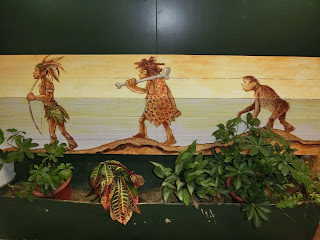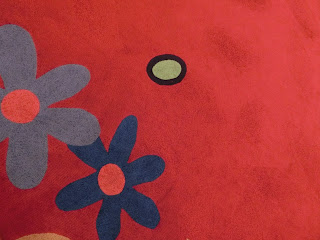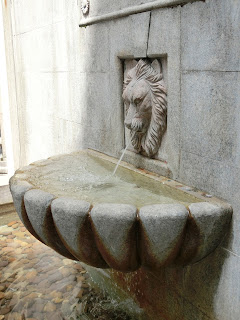envy is leprosy - 18th week Tuesday

Today in our first reading from the book of numbers, we see how jealousy unravels itself even among God’s chosen ones – in Moses, Miriam and Aaron. Let us have a look into this. First Miriam and Aaron made it appear that they were complaining about the wife of Moses who was a Cushite and therefore a foreigner. Amo ini kuno abi ang rason sang away. But in reality the animosity is not because of the wife of Moses but from the fact that Moses is special and we are not, Moses is nearer to God and we are not as near, Moses is a powerful prophet and we are not as powerful, Moses receives special treatment from God and we are treated ordinarily. If you notice jealousy does not always show itself as jealousy. It will always wear masks. So instead of accepting the fact that we are jealous and envious we mask this by saying - I am not treated fairly, his decisions are all wrong, injustice, (injustice ka to, hisa ka lang naton) . Do you notice that? So watch out for the sin of jealo















